The concept of CA vs CS is Chartered Accountancy (CA) focuses on financial management, taxation, auditing, and accounting, while Company Secretaryship (CS) emphasizes corporate law, governance, and regulatory compliance.
Table of Contents
To understand CA vs CS, the basic concept plays an important role which states CA stands for Chartered Accountant is a qualification provided by the Institute of Chartered Accountants of India (ICAI). It primarily focuses on financial accounting, taxation, auditing, and strategic financial management.
On the other hand, CS stands for Company Secretaries and is a certification governed by the Institute of Company Secretaries of India (ICSI). It emphasises corporate law, governance and regulatory compliance.
Key Differences Between CA and CS
Although CA and CS are pretty similar, they do have some distinctions. The key highlights of CA vs CS are listed in the following table.
| Aspects | Chartered Accountant | Company Secretaries |
| Focus Area | Financial management, auditing, taxation | Corporate law, governance and compliance |
| Governing Body | Institute of Chartered Accountants of India (ICAI) | Institute of Company Secretaries of India (ICSI) |
| Course Structure | Foundation, Intermediate, and Final levels; includes articleship | Foundation, Executive, and Professional levels; includes internships |
| Duration | 4–5 years (depending on performance and articleship) | 3–4 years (depending on performance) |
| Job Roles | Auditor, Tax Consultant, Financial Analyst | Compliance Officer, Legal Advisor and Corporate Secretary |
| Skillset | Strong analytical, numerical, and financial skills | Knowledge of law, governance, and corporate operations |
CA vs CS: Syllabus
Students can check the CA Syllabus and CS Syllabus along with subjects in the table below
| CA | CS |
|
|
How To Become A CA?
To become a CA, aspirants must have the opportunity to spend at least five years in a qualified company. Secretary who handles the legal elements of a company years pursuing the course. This makes CA a professional course and allows students to practice right after they complete the course and are fully qualified.
CA Foundation Exam
Firstly, students must register themselves under the ICAI – which is the body governing all CAs.
Students going through the Foundation route must register with ICAI after class 12 to appear for the CA Foundation exam. This is an entry-level exam for students pursuing CA, covering the basics of accounting and business acumen. Students can clear this exam usually with self-study or minimal training.
CA Intermediate Exam
After clearing the Foundation exam, students must enroll for the second level of examinations: CA Intermediate Exams. Students opting to pursue CA after graduation (any stream except Fine Arts) can enroll directly in the Intermediate Exam. Students must have secured at least 50% in their undergraduate exam to qualify for Intermediate Exams.
The exams have a vast and extensive syllabus, which makes clearing both sets of paper in one attempt challenges. Many students opt to clear one set of exams before moving to the next.
Students must also complete an additional four-week course in ICITSS(Integrated Course on Information Technology and Soft Skills) before moving to the next step.
CA Articleship
After clearing graduation and their IPCC exams, students are expected to pursue an articleship of 3 years in a CA firm. This articleship provides them with practical experience in the field and helps them fully understand the course’s extent. Students can start earning during the articleship itself.
CA Final Exam
The CA Final Exam has eight papers in all. These papers are conducted in two groups, including auditing, financial reporting, risk management, etc. Students must have completed the Advanced Course in ICITSS before appearing for the exams. They can appear for the exams during the last six months of their articleship period or after. Students must clear both groups of papers before registering themselves as Chartered Accountants with the ICAI.
The course is long, requires constant determination, and students who are not deterred by tedious work. It takes five years to complete the course and become a CA professional, but the career path ahead is illustrious.
How To Become A CS?
As compared to CA, the course for CS takes a shorter duration to complete. The course is designed similarly, with a foundational, intermediate, and advanced examination and a mandatory training period. However, the course is entirely different from CA, as CS focuses on the legal aspects of the business. Students who aspire to become CS have to follow the steps below.
CS Foundation Exam
Students in class 12 must have scored 55% in aggregate scores from any stream (except Fine Arts). They can register themselves with the ICSI, the governing body over all CS for the Foundation Exams. The exams are held in June and December, and students can opt for the month of their convenience. On passing these exams, students are eligible for the second step of exams, which is the CS Executive Exam.
CS Executive Exam
Students who have completed their graduation in any stream (except Fine Arts) can skip the Foundational Exam and appear directly for the Executive Exam. The students who have passed the CA Foundation Exams are also exempted from the CS Foundation and can directly appear for the Executive Exam.
To be eligible for this exam, students must have completed the following courses by the ICSI
- Student Induction Program, which lasts seven days
- 70 hours of Compulsory Computer Training Program before the Executive Exam
CS Professional Exam
The CS Professional Exams are held in two groups. Students can appear for both groups in one attempt or separate them after this course comes a critical part of their training. This is the Management Training Programme, which is mandatory for all CS Professionals to complete. It is a 15-month hands-on training program that helps students become industry professionals. After this program is completed, students can register with the ICSI as fully qualified CS professionals.
CA vs CS: Exam Season
The students can check the exam seasons on the official website of ICAI (Institute of Chartered Accountants of India) or ICSI (Institute of Company Secretaries of India) for further details.
| CA | CS |
|
CA students can appear for the qualifying exams in May or in November. There are essentially two attempts in a year for anyone appearing for the exams, and many students who are unable to clear both sets of papers in one go can clear one set first before doing the second. |
CS exams are held in June and December, following a similar pattern as CA. |
CA vs CS: Sphere of Employment
The students can check the employment opportunities and scope of CA and CS from the table mentioned below.
| CA | CS |
|
|
CA vs CS: Mandatory Work Experience
The students who are aspiring to study CA or CS can check the work experience required is listed below
- CA:
- The CA course requires a mandatory three-year articleship period.
- They can complete their articleship period under the supervision of any certified CA. After completing their articleship period, students can complete the course and register themselves with the ICAI as Chartered Accountants.
- CS:
- On the other hand, the CS course requires students to complete the 15 months compulsory Management Training Program to register with ICSI as a Company Secretary.
CA vs CS: Career Prospects
CA and CS are the most sought-after technical specialists in the finance sector. This makes their job opportunities expansive, and they can easily find employment in any sector of the economy.
| Particular | CA | CS |
| Job Profiles | Auditing, Taxation, Business Advisor, Financial Advisor | Assistance to Board of Directors, Company Registrar, Legal Advisors, Corporate Policymaker, Chief Administrative Officer, Corporate Planner, Managing Director, Investor Capital Markets Relations Manager |
| Top Recruiters | KPMG, Deloitte, PwC, E&Y, JP Morgan Chase, Lodha & Co, Luthra & Luthra, ICICI Bank, Kotak Mahindra, State Bank of India, HDFC Bank, SS Kothari Mehta & Co. | ACB Group of Companies, Monolith Industries Ltd, Jaypee Group, Punjab National Bank, SNG & Partners, HCL Technologies Ltd., Indian Railway Finance Corporation Ltd. |
| Average Salary | INR 7.95 LPA | INR 5.90 LPA |
Earning Potential CA vs CS
After completing their courses in CA or CS, students can expect to earn entry-level salaries according to industry averages.
- CA:
- Chartered Accountants salaries generally command higher start due to their expertise in financial management and taxation.
- The average starting salary for a newly qualified CA ranges between ₹6–10 lakhs per annum, with higher earnings for top performers or those in multinational firms.
- CS:
- Company Secretaries salary is also a lucrative pay, with starting salaries ranging from ₹4–8 lakhs per annum, depending on the organisation and individual performance.
- Senior roles in corporate governance can significantly enhance earning potential.
CA vs CS: Which One to Pursue?
The choice between CA and CS depends on an individual’s interests, strengths, and career goals:
CA may be better suited for those who:
- Have a strong inclination toward numbers, accounting, and financial analysis.
- Aspire to work in auditing, taxation, or financial consultancy.
- Thrive in a highly analytical and quantitative environment.
CS may be ideal for those who:
- Have a passion for corporate law, governance, and regulatory compliance.
- Wish to work closely with the legal and administrative aspects of a company.
- Prefer a career centered around strategic planning and advisory roles.

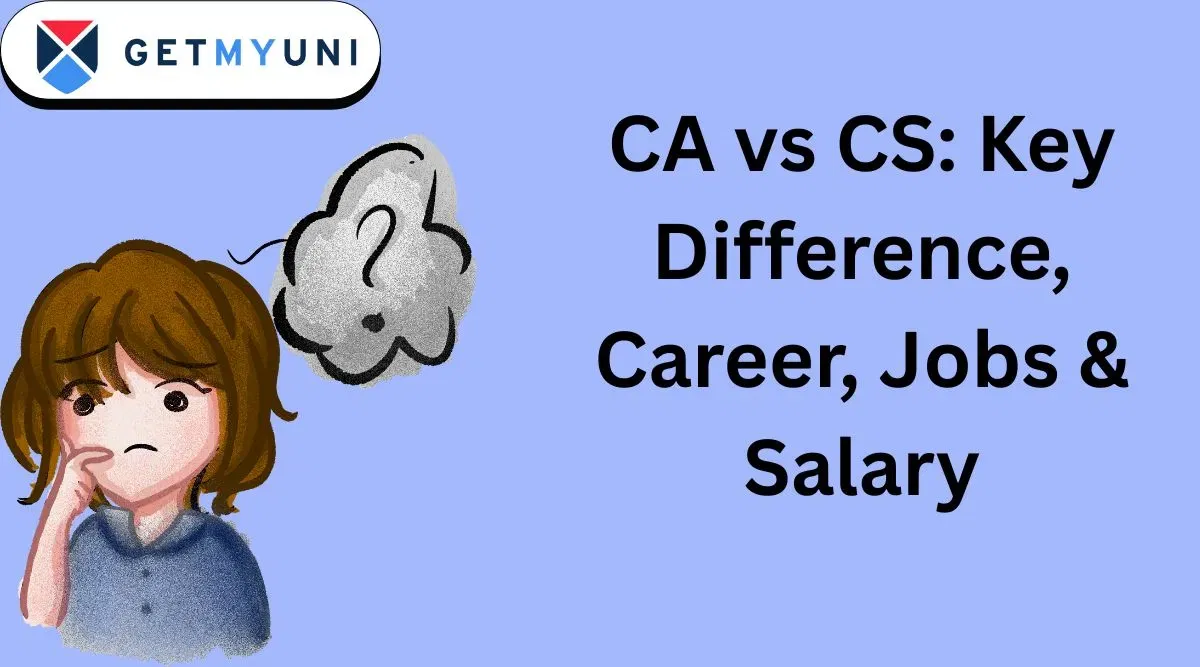
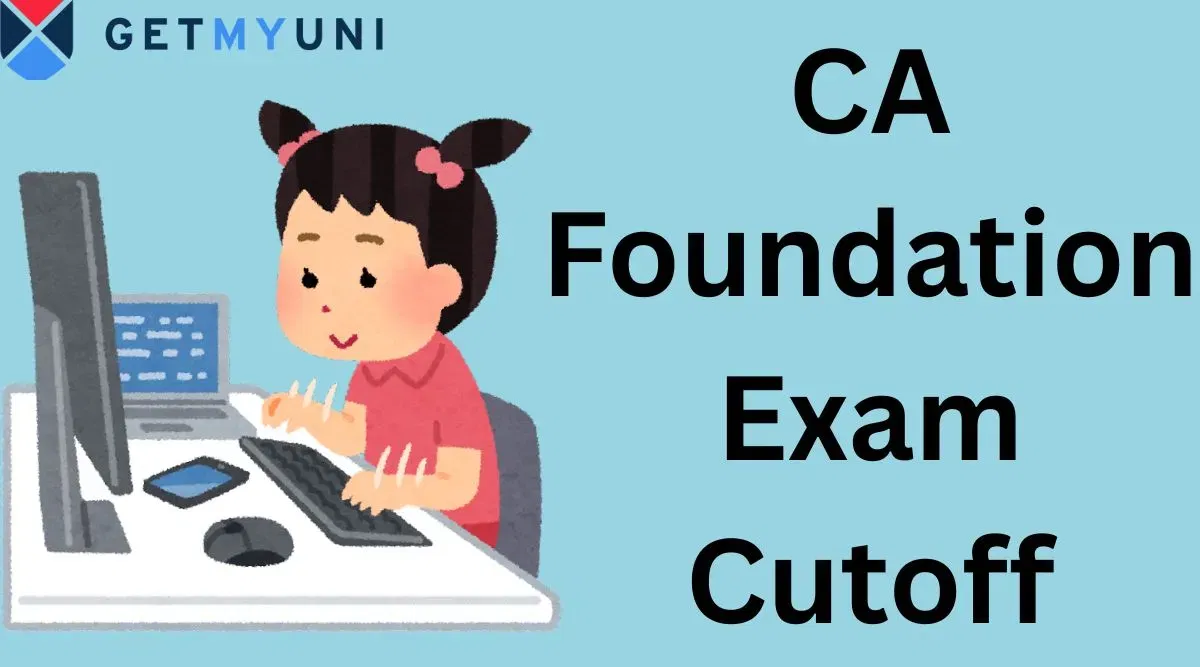
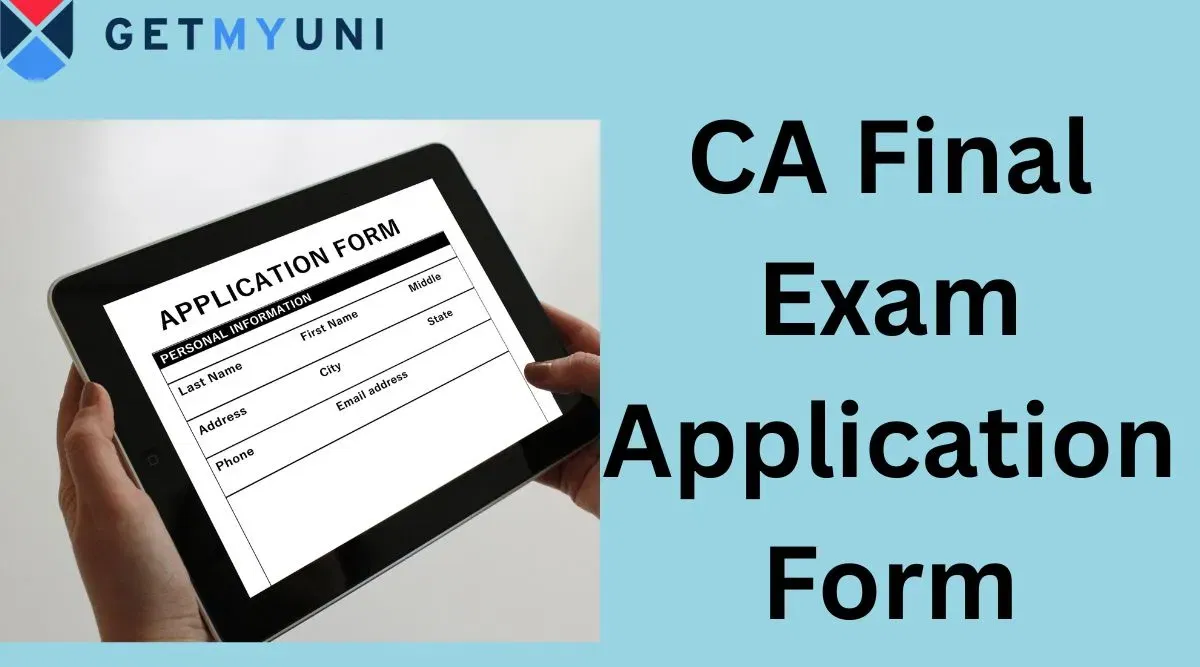


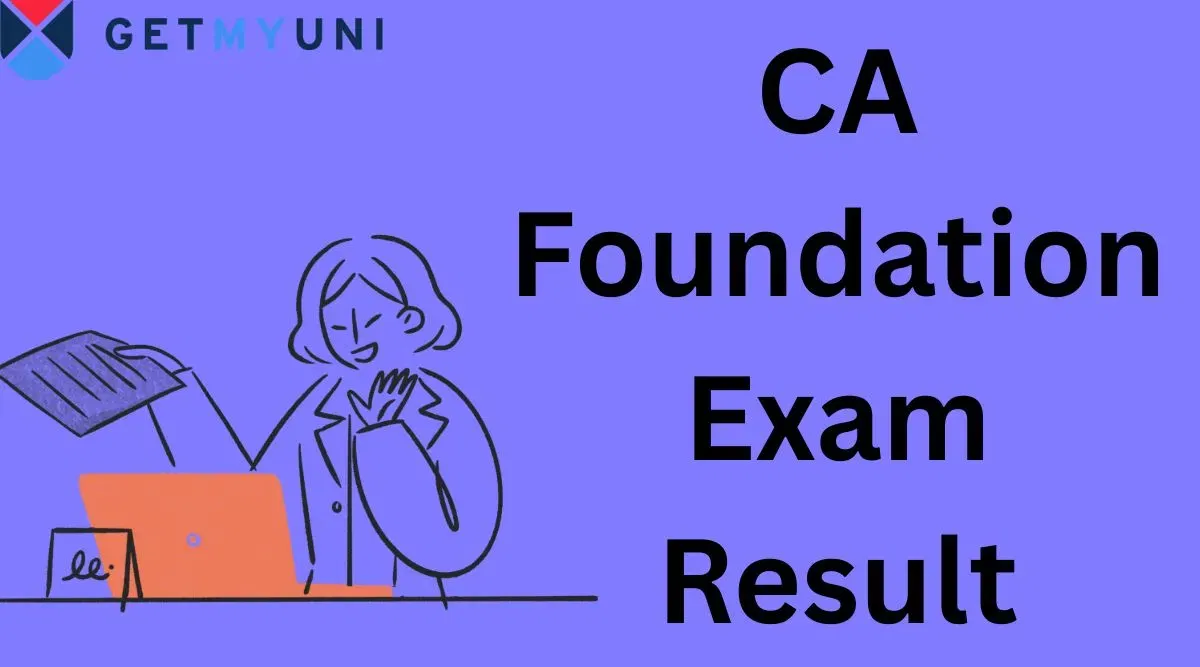
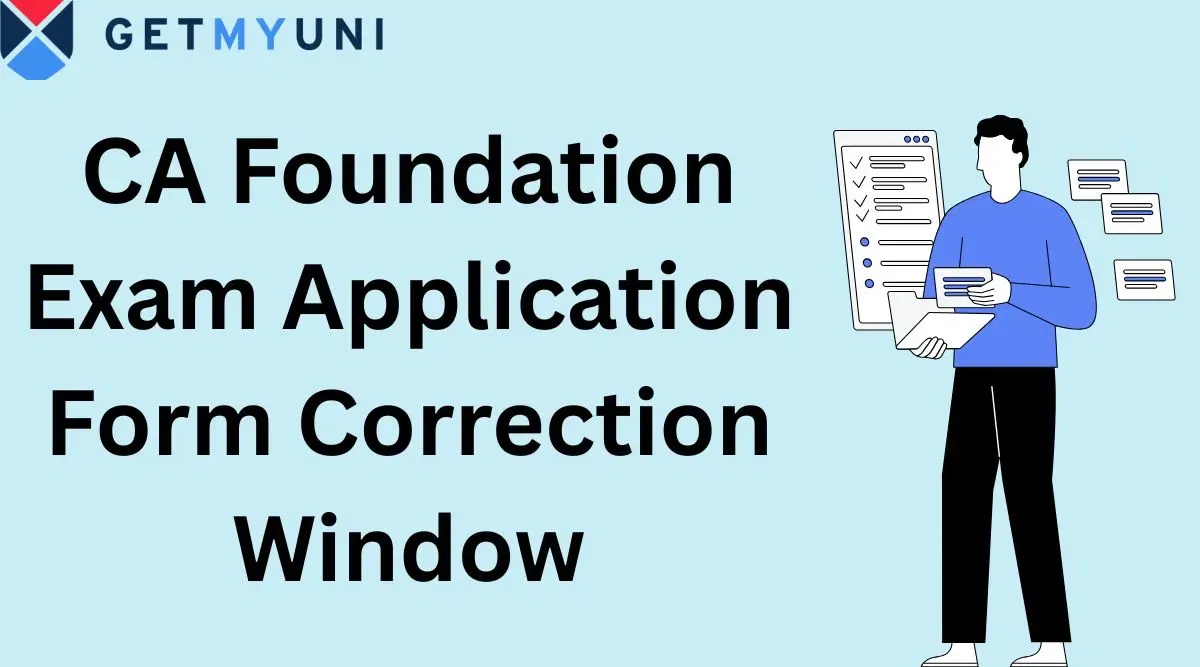
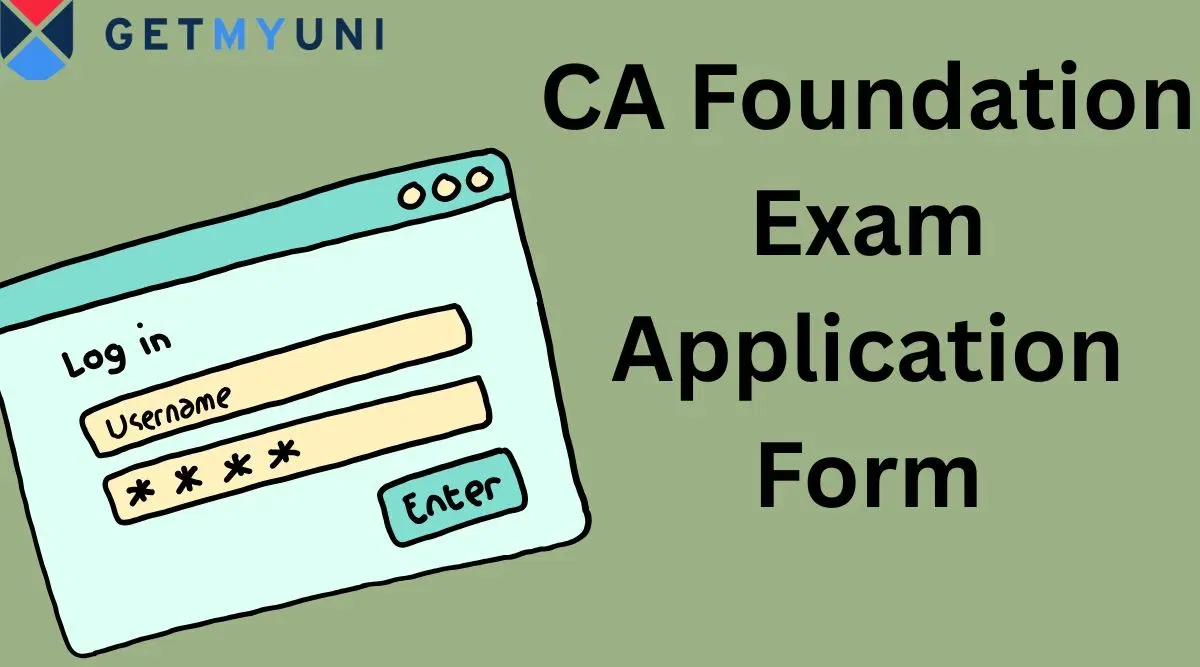
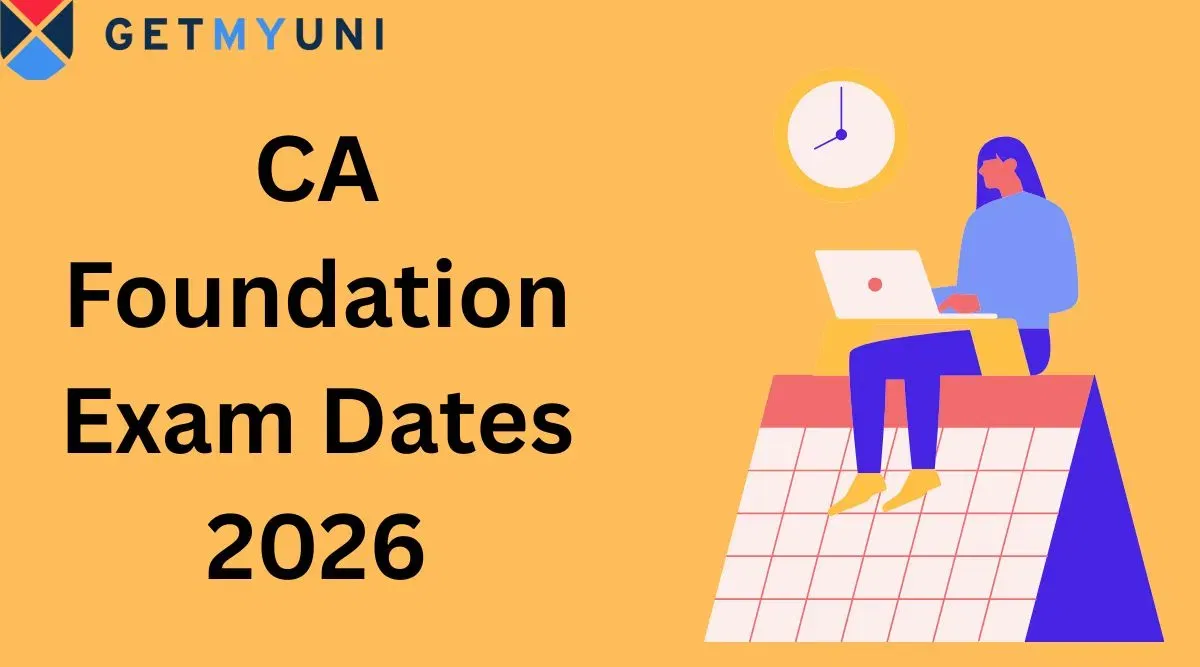
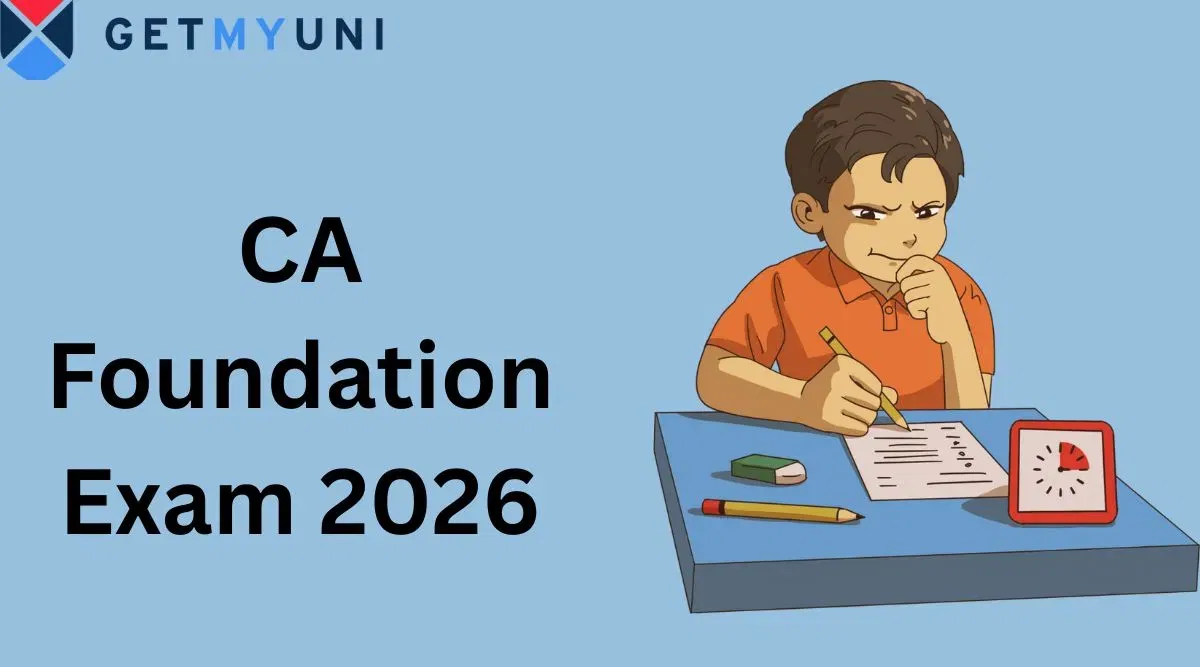












POST YOUR COMMENT